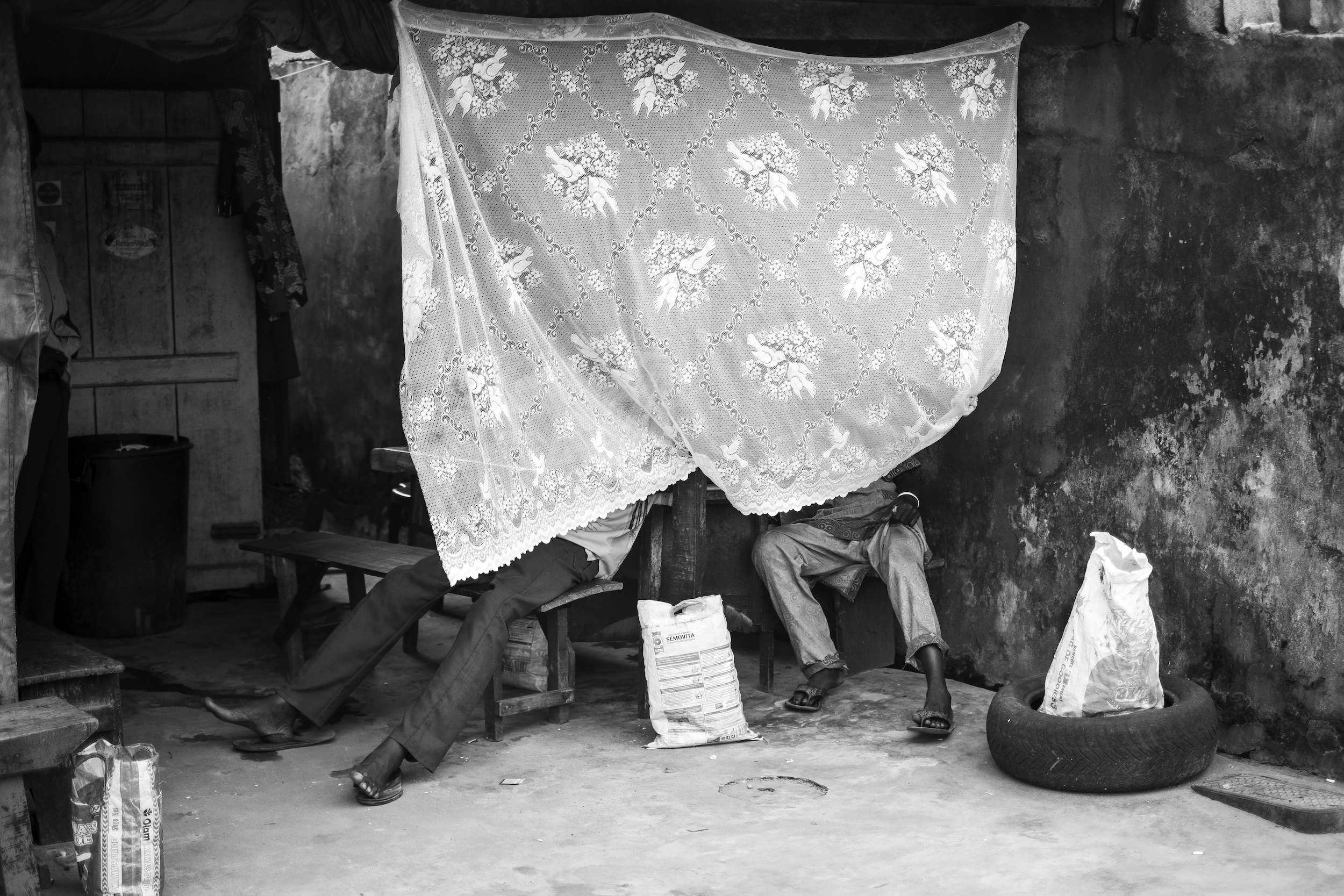From the series Lagos: The History of Quietude © Chris Iduma
Chris Iduma grew up in the suburbs, but now is searching for moments of peace among the bustle
Lagos is classed as a megacity, with a population well over the 10 million needed to earn the label. Estimates of the total number of people living there vary, but Chris Iduma puts it at more than 25 million. That makes Lagos the most populated urban centre in Africa, and one of the biggest in the world. “A decade or so ago it was maybe 13 million, so it’s doubled in 10 years,” Iduma says of the Nigerian city. “If you see the rush and the madness, you will think you’re the only reasonable person there.”
Amid this bustle, Iduma finds moments of peace in the place of his birth and, reflecting that others must do the same, started a series in 2018 titled Lagos: The History of Quietude. Recording moments of stillness he witnesses in the street, it is part documentary and part interpretation of how people navigate urban spaces. “It’s me projecting on the city, but it’s also contemplating those moments where people have pause,” he says. “Moments where they might pause to understand how the city affects their behaviour.”
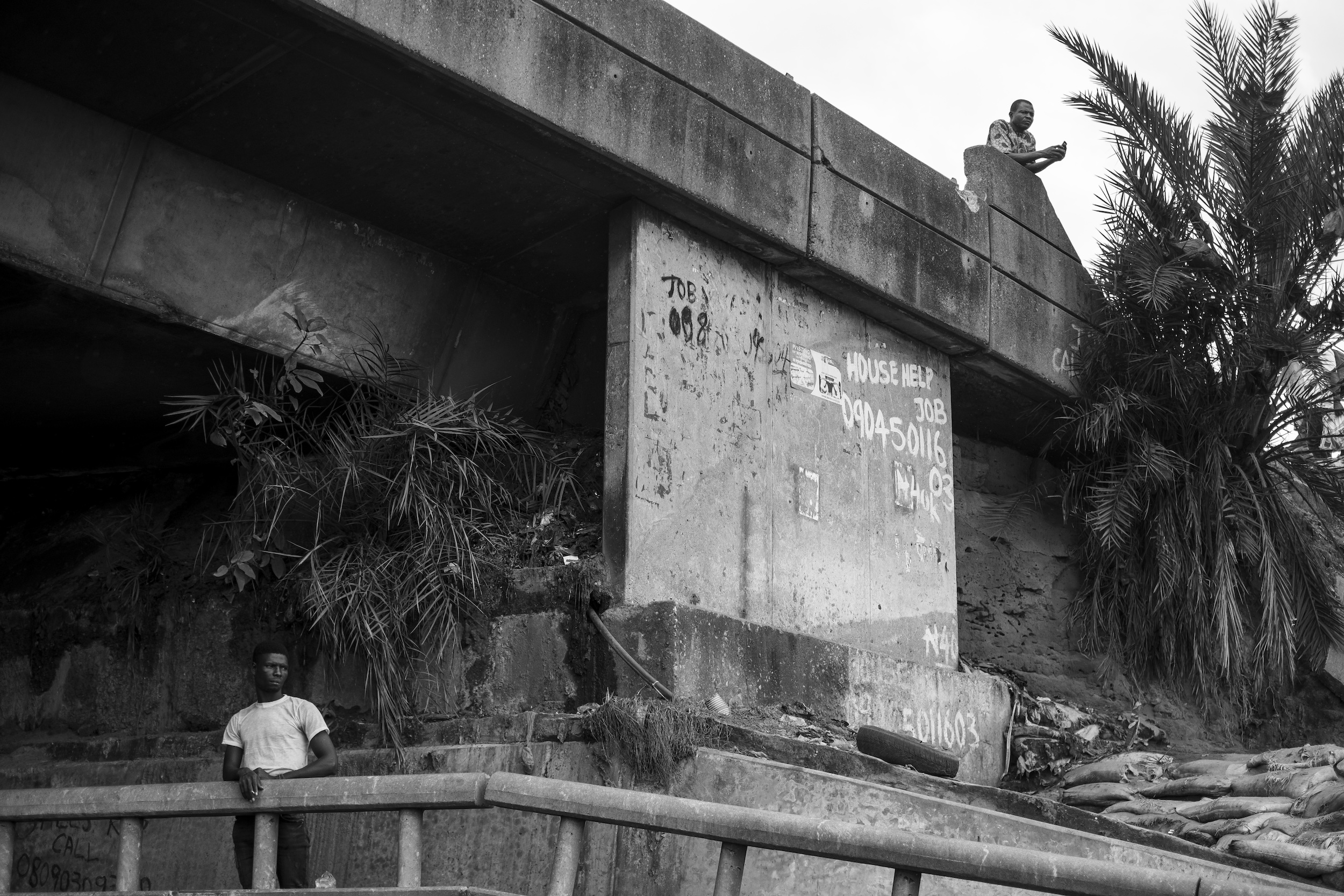
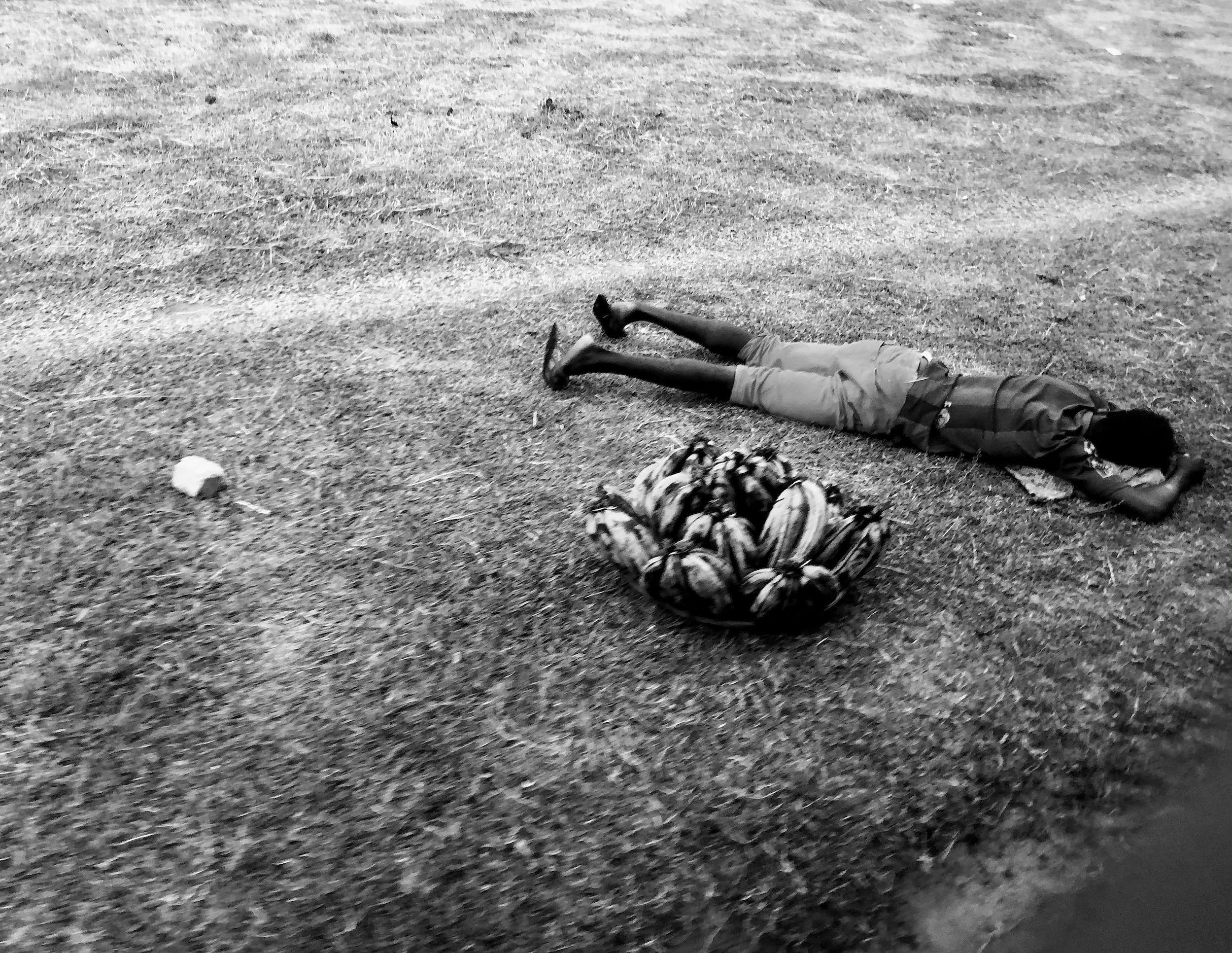
Iduma studied mass communications at the University of Lagos, but discovered photography when his cousin got together with Chriss Aghana Nwobu, a well-known Nigerian image-maker. Aghana Nwobu opened Iduma’s eyes to the potential of image-led storytelling, and also showed him what it is like to work as a fixer for foreign correspondents. The latter fed into Lagos: The History of Quietude, because Iduma realised outsiders often have one-dimensional perceptions of the city. “They are discovering it for the first time, so often they are coming in with preconceptions of what Lagos is,” he says.
“Poverty might be a theme for them, or the nightlife, or the movement of people. But in my case it’s different. I’m not discovering Lagos, so I don’t want to focus on the rush or the character of the city. I’m more interested in the in-between moments that take you away.”
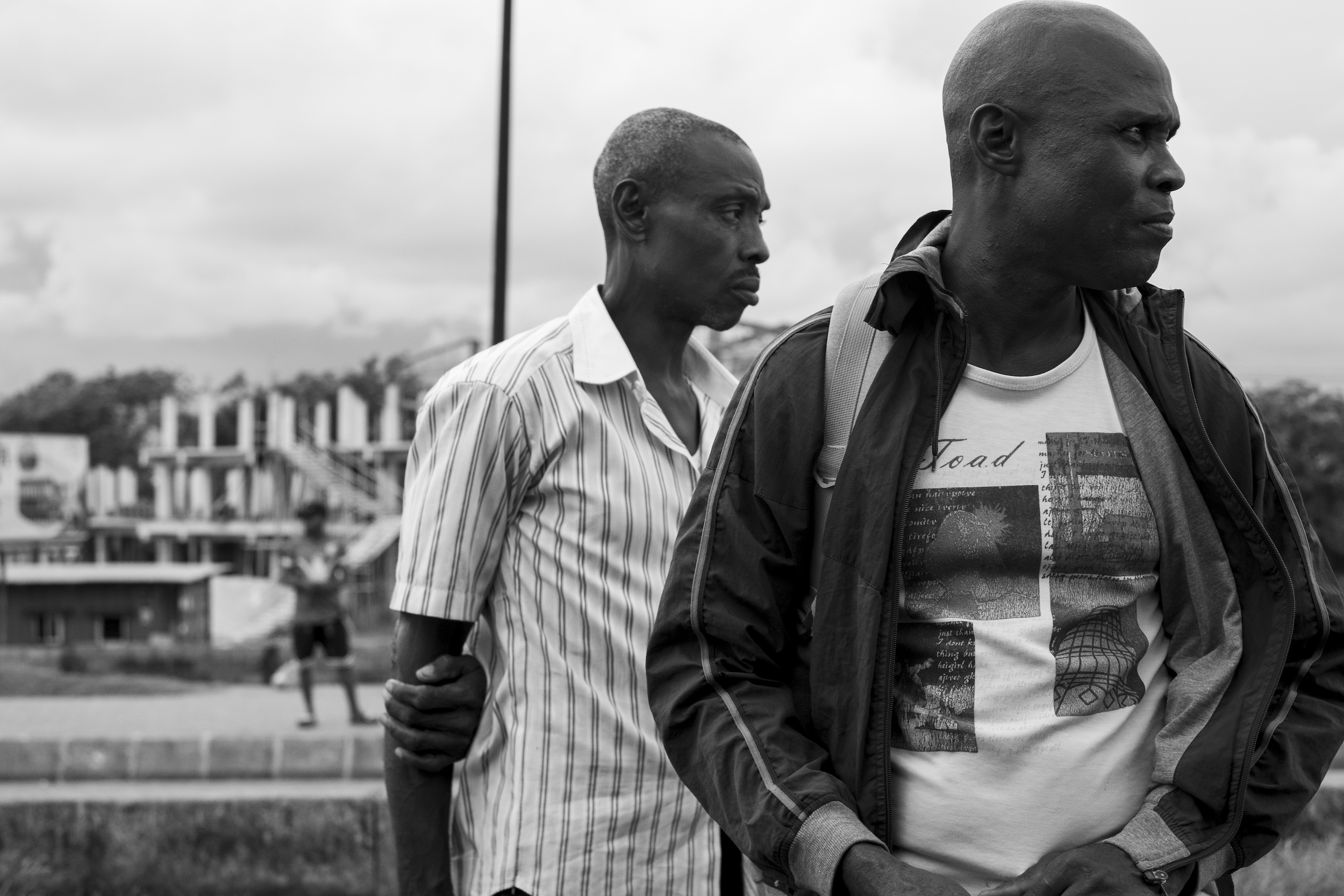
This is not always easy, and Iduma explains that he has had to train himself to find these moments. Photographing in Lagos is also challenging because some areas house informal settlements or activities, and participants therefore avoid the camera. Here, Iduma uses his patience, hanging out until he is accepted and adding another layer to his insider’s perspective. He is self-taught but works full-time as a photographer, and recently had a story on nursing published in The Washington Post.
He is finding success with his personal work too, exhibiting the Lagos series at LagosPhoto 2023, curated by Azu Nwagbogu, founder and director of the African Artists’ Foundation, and Peggy Sue Amison, from Dubai’s East Wing. The work also won him a 2023 residency at MacDowell Downtown in New Hampshire, US.
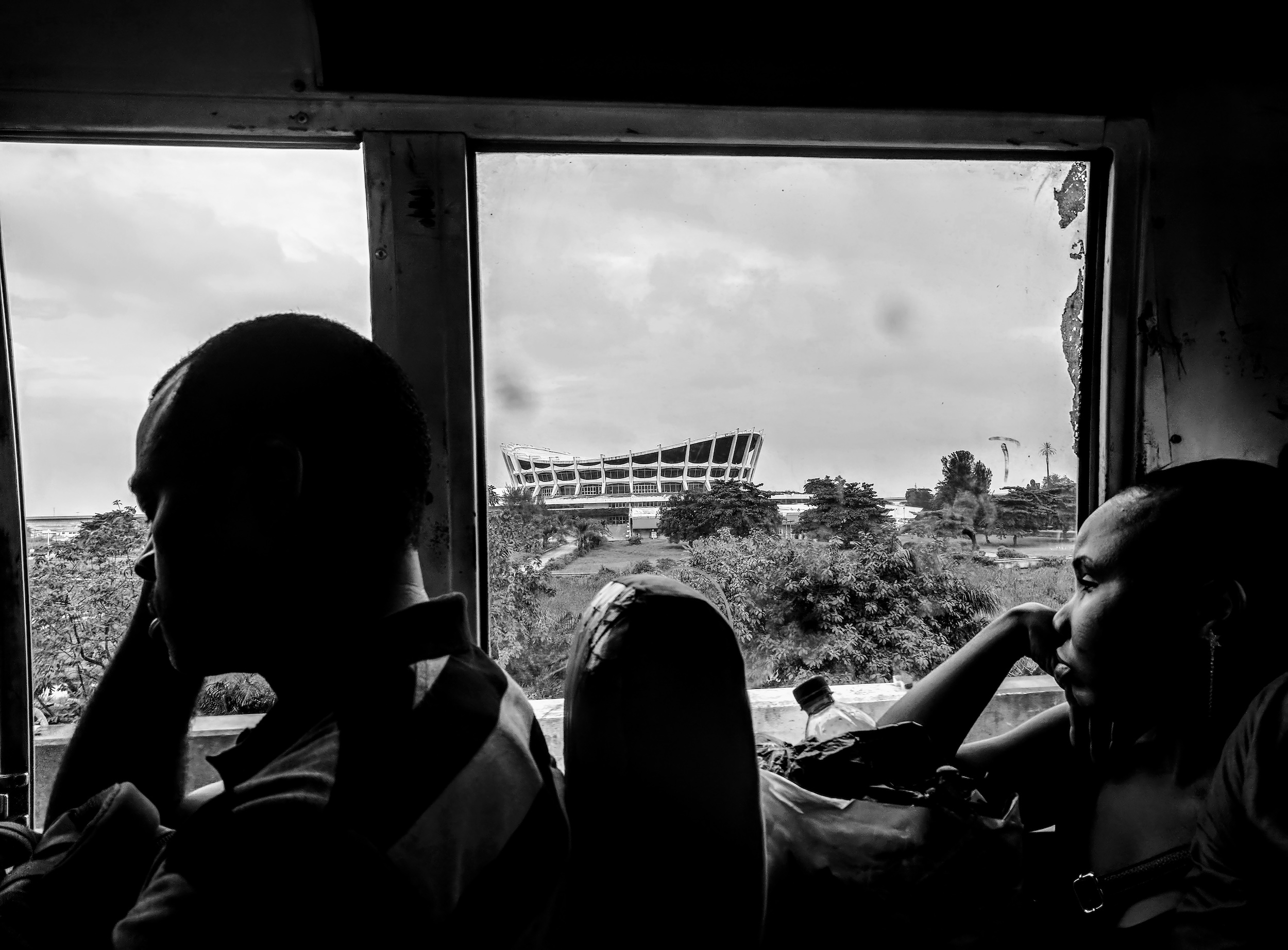
Iduma hopes to turn the series into a book, but envisages it as a lifelong project. “I was born in Lagos, but on the outskirts so I’m not really a city boy,” he says. “It was pretty remote and a small community, so everybody knew each other and all the kids played together. I never went to the cinema when I was growing up, or the National Theatre [one of the images in the series].”
He ends by reflecting on his relationship with the city today. “I’m looking at public life and urban space partly because of this history,” he says. “I never really had this interaction with the city as a child, so what does it mean to have it as an adult? And what does it mean for someone who has experienced Lagos from the beginning of their life?”

